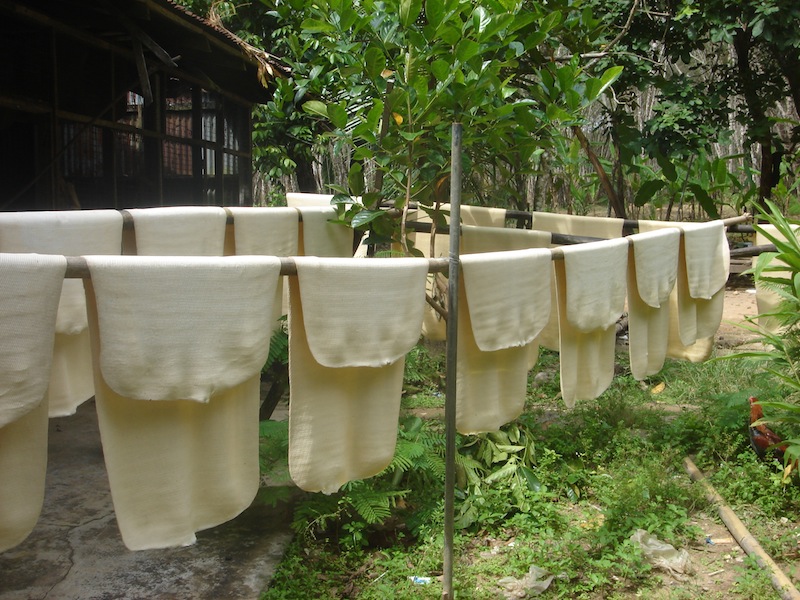MALAYSIA’S economic outlook in 2019 is expected to remain challenging. Even though the country has became one of the largest producers of commodities in the world, especially in palm oil and rubber, the current situation in both sectors is unfavourable in the global market.

Malaysia accounts for 29% of the world’s palm oil production and 37% of the world’s exports while it is also the fifth largest producer and exporter of natural rubber, contributing 46% to global rubber production by producing one million tonnes of rubber annually.
The current situation is tough for the palm oil industry since the price of crop production has been impacted by the world’s demand.
In contrast, the rubber industry may have an advantage because there is a way to stimulate the price of rubber even though the crop also depends on the global market.
Malaysia is well known as the largest producer of gloves – it controls almost 65% of the world market in this product.
Furthermore, the top four giant glove makers in the world are owned by Malaysians with Top Glove ranked at the top with a total capacity in 2017 of 51.9 billion pieces of gloves.
The second is Hartalega with total capacity in 2017 of 28 billion pieces of gloves, followed by Supermax and Kossan with total capacity in 2017 of 23.4 and 22 billion pieces of gloves respectively.
However, even though the country has become a global hub for glove production, the price of natural rubber is still disappointingly low. This could be due to the fact that most glove producers nowadays prefer to use synthetic or nitrile rubber instead of natural rubber for various reasons.
Some of them may use natural rubber, but most of the raw materials are imported from Thailand.
In view of this, it would be good if the government could consider introducing special incentives for glove makers who use our local natural rubber for their products.
The incentive could be a tax exemption up to a certain percentage to encourage new and existing companies to expand further and utilise local resources.
This will help our rubber tappers to increase production and incomes, especially in a crunch.
AHMAD SHAHIR ABDUL AZIZ
Graduate School of Business
Universiti Sains Malaysia



























